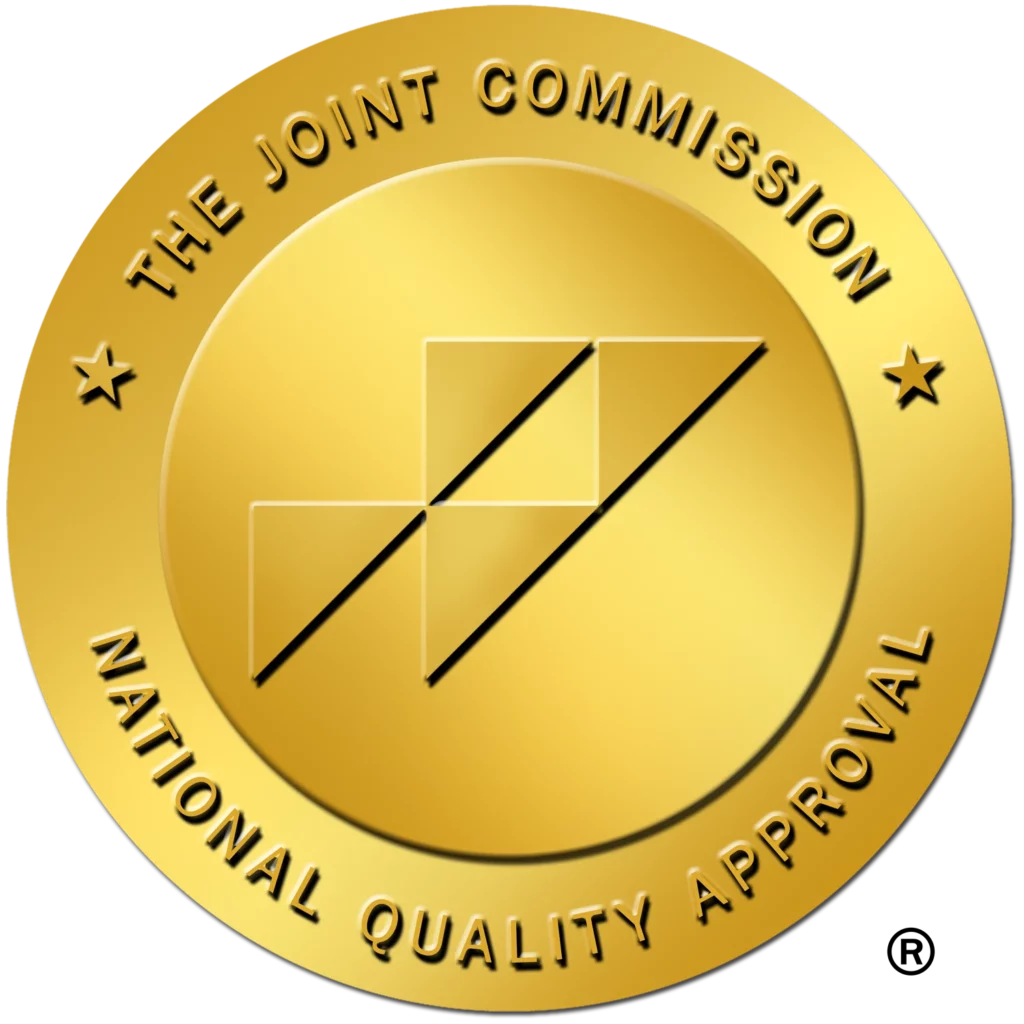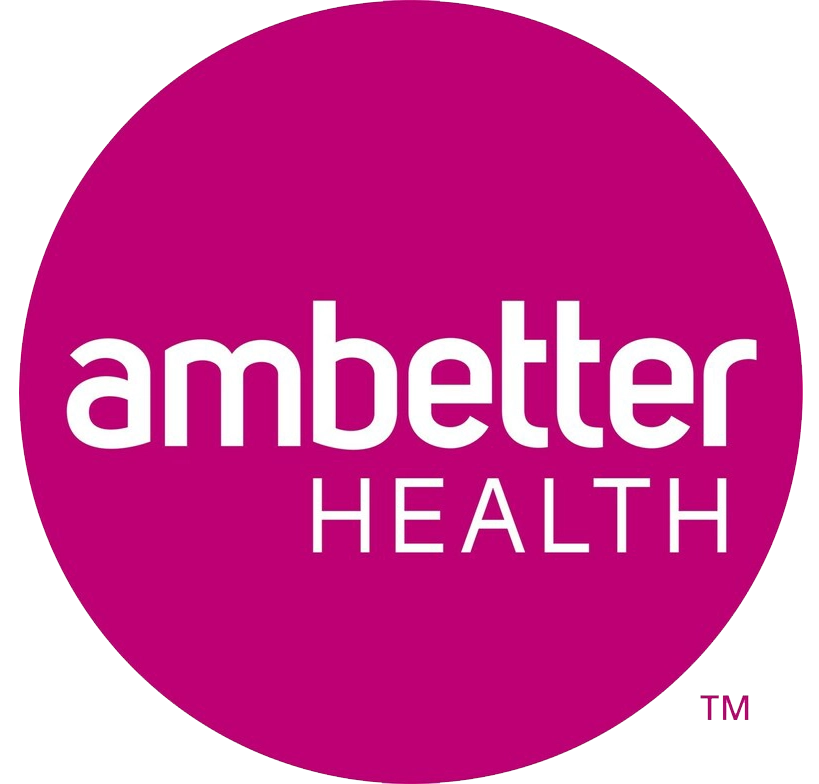Going Back to Work After Rehab: 5 Steps to Successfully Re-Entering the World of Work
This entry was posted in Addiction Recovery and tagged going back to work after rehab on July 31, 2021 by Justin Baksh, MS, LMHC, MCAP, Chief Clinical Officer.

It’s been 30, 60 or 90 days. You’ve successfully completed your rehab program. First, congratulations! So many don’t get this far. But you have – you’ve done it… and now it’s time to go back to work. It seems like it would be easy to step right back in, right? Maybe, maybe not.
Early recovery is something to be celebrated, but also nurtured. It needs support to firmly take hold as you re-enter the real world. That’s why the first step involves ensuring you have what you need to do well while going back to work after rehab.
1. Don’t stop working on your recovery

Recovery transforms your life. It’s worth every bit of work it takes to keep it – not just when you are going back to work after rehab, but throughout your lifetime.
Sometimes, abruptly stopping treatment can be a bad thing. Fortunately, outpatient treatment of one to three hours a week is available to you, either at the rehab you attended or through another one close to where you live. Some rehab facilities even offer intensive outpatient rehab after work, where you can go for three days a week in the evenings, typically for three hours at a time.
Another way to continue recovery support is to get involved in your center’s alumni program. Usually, this is free and involves one meeting a week, hearing from an alumni of the treatment center. Periodically there can be family-friendly events, typically held on weekends.
Another free way to ensure your recovery doesn’t slip is to continue or start attending 12-step meetings.This is not to say you need to do all of these things. Find the ones that will best help you and continue with them.
Lastly, don’t stop taking your psychiatric medications. Many people who have struggled with substance addiction have a co-occurring disorder – up to 80% – as seen in one study of addiction treatment center clients. The most common disorders are anxiety and depression, but can run the gamut from bipolar disorder to schizophrenia. It’s nothing to be ashamed of – mental health issues are losing their stigma, more so every day. So do yourself a favor: Throughout this process, stay on your psychiatric medications. It will help you stay clean and sober and keep you in the right frame of mind.
Again, your early recovery is like a baby that needs outside help to survive and thrive. Keeping yourself accountable and staying on your meds are important ways to do that.
2. Find the job (or notify your employer you are returning)
Everyone’s situation is different. Some are unemployed when they enter treatment. Others are working at a job that will allow them to come back – and some are working ones that won’t.
If going back to an old job is not an option, find something you can do. You just need to start working – and stay consistent with attendance and performance. Just as with getting clean and sober, you have to put one foot in front of the other, one step at a time. Eventually, the world will open back up to you.

Fortunately, right now, the job market is very good for job seekers. There are companies that are open to hiring those who’ve been to rehab, or even served time for a drug or alcohol offense. That’s why the first step is to check with your addiction treatment center’s resources. The best ones have case managers, alumni directors, or other employees who know many people in the community. Often, they are able to tell you who is hiring that is open to those in your situation. Take full advantage of these resources.
When you get an interview, be honest. Focus on the positive, and your willingness to work hard.
It’s important not to take rejection personally Remember, people who haven’t been to rehab or don’t have an offense on their record face the same thing – they usually don’t get the first job they apply for. They may have to put out several resumes or applications, have a dozen or so interviews (or maybe more) before they hit upon the right opportunity.
Know that there is an employer out there who needs what you have to offer, and it’s simply a numbers game. Keep putting yourself out there, and you will find them.
3. Set yourself up for success

One thing at a time. You are still working on your recovery by continuing treatment, attending 12-step meetings and possibly being involved in an alumni group. Now, you are adding going back to work after rehab.
This is probably not the time to start adding other elements to your life, such as a new girlfriend or boyfriend, another part-time job, or some other commitment that takes up too much of your time and attention.
Why do we say this? Because there will be stress. After all, that’s why they call it work. So prepare!
If you’ve been staying up late and rising at noon every day, re-set your sleeping schedule, as far in advance of starting (or re-starting) the job as you can. Go to bed 15 to 20 minutes earlier every night to give yourself time to adjust. That way, you’re not completely exhausted on your first day.
Wake early enough to get to work with ample time. There may be traffic, an accident, ducks crossing the road… God knows what will be happening. Being early is always a good thing.
Another way to prepare yourself is to pick out clothes the night before. You don’t want to be running around, scrounging through a pile of (hopefully clean) clothes on the mornings you are supposed to arrive for work. If your wardrobe is lacking and there is no uniform provided, approach family or friends for things you can borrow, your case manager in case they have donations on hand, or look at picking up a few low-cost things at a discount store or Goodwill for now. You can always buy more later.
Finally, if you’re bringing lunch to work, prep your meals in advance. Have them stacked up, ready to go in the fridge. Even doing dinner in advance helps when you come home from work and just don’t feel like cooking. Cook on your day off, and make enough to last a while. You can separate meals into containers and freeze for the future as well. Once the money starts rolling in, a meal prep service can save you money and time, and leave you better fed. Check it out – it may be less expensive and it’s definitely better for you than going through the drive-thru.
4. Wade in – don’t drown
You want to make a good impression – or we hope that you do. But don’t move too quickly in trying to either fit in with your co-workers or go overboard on trying to impress the boss. In fact, it’s best to observe how things work and the social dynamic first. The right attitude is key… Come into it with an open frame of mind and a willingness to do what it takes.
A good working environment requires good relationships, too. These first few days and weeks, you are learning the job – and they are learning about you as well. Be genuine, but you don’t have to reveal everything about yourself, including your recovery status, right up front. Let them get to know you at their pace, and make sure you are fulfilling the obligations of the job. The first three months are the most critical.

If you are going back to a previous job after rehab, understand that this also takes time. Some of your co-workers will rush to you right away, welcoming you or asking lots of questions about your experience. Others may hang back a bit to gauge the situation first. They may not want to overwhelm you, or they may want to wait and see if things are really different now. Nonetheless, you keep doing what is right. Day in and day out. Eventually, other people will come around. (And if they don’t, that’s their loss).
5. Assess – and change what needs to change

After that first rush of orientation, when you have a few months on the job under your belt, reflect on it. What are you doing well, and what do you still need to learn? Are you establishing good relationships with your supervisor as well as your co-workers? Are you struggling with balancing your work and personal life? Finally, do you see a future there? Is this the career field you want for your life?
It’s ok not to have all of the answers. The point is that you are always assessing how it’s going, how you would like it to be going, where you want to go in the future, and to make small adjustments as you go.
For example, if getting to work on time is an issue, move your sleep schedule back – go to bed and get up an hour earlier. Or, if you are having trouble with one aspect of the job, find someone who does it well and ask them to show you how they do it.
If your supervisor doesn’t seem to approve of your performance, ask them for feedback and help from them as well. It shows you are invested in doing well there and honor their opinion.
Now, there will most likely be some things you may not like at the job, but don’t focus on it. Focus on what you can control – your performance, how you help others, and trying to get better at all that you do – and let the rest go. (Of course, if something illegal/immoral is going on, that’s a different scenario. It may already be time to look for another job).
5. Always, treat your employer how you want to be treated
Maybe this job you took (or went back to) isn’t what you ultimately want for yourself. However, your employer gave you a chance. Never forget that. This job has provided for you, allowing you to get back on your feet. Be grateful for that chance and that opportunity to re-establish yourself.
This doesn’t mean that you can’t take steps toward what you want. You can start back to school after work hours and apply for other jobs, after you’ve mastered the job and put in your time. Just don’t start slacking off – you owe them more than that. You are being paid to do a job – do it to the best of your ability, every single day.

What if you are the employer, though? How do you help your employee reintegrate back into the workplace?
Advice for Employers Welcoming Employees Back from Rehab

For employers welcoming employees back to work after rehab, communication, openness, and patience is key.
There seems to be (rightfully so, in most cases) a tremendous amount of angst when an employee returns to work after rehab. They are concerned with the personal and societal stigma of addiction, whether the company rumor mill has been active about their absence, and overall whether they going to be able to maintain their employment.
Having a direct but supportive conversation when an employee returns to work can have long-lasting positive impacts. The conversation shouldn’t be vague in the sense that, “You just need to stay sober and work on you.” Asking what the employee requires and then stating what specifically the employer
needs is perfectly OK and needed.Set clear expectations for the employee moving forward. For example, the employee needs to maintain timeliness, deadlines, quotas, or whatever the job role may require. It is OK for the employer to identify observable deficiencies noted (if any) prior to the employee’s leave of absence and state what will be acceptable now that they’ve returned.
In the end, genuine, open communication pathways are what matters, as the environment and agency allows. An employee that feels supported and has clear boundaries or expectations will more than likely flourish.
While you are not required to be the keeper of the employee’s recovery program, if they decide to share information about their recovery with you, you can support them as you see fit.
If you are the one going back to work after rehab, ask for the conversation if the employer doesn’t offer it. This is your opportunity to hear what the employer is concerned about, and to present your own concerns, if any.
The Bottom Line
Going back to work after rehab doesn’t have to be something to fear. Employment is and always will be a two-way street. It has to work for both parties, and typically each needs to met the other somewhere in the middle.
Remember that you, as a person and an employee, have inherent value. Employers need what you have to offer just as you need what they provide.
With some patience, open communication, understanding – and most importantly, time – you can and will be successful at this job, and in every one you choose in the future.










